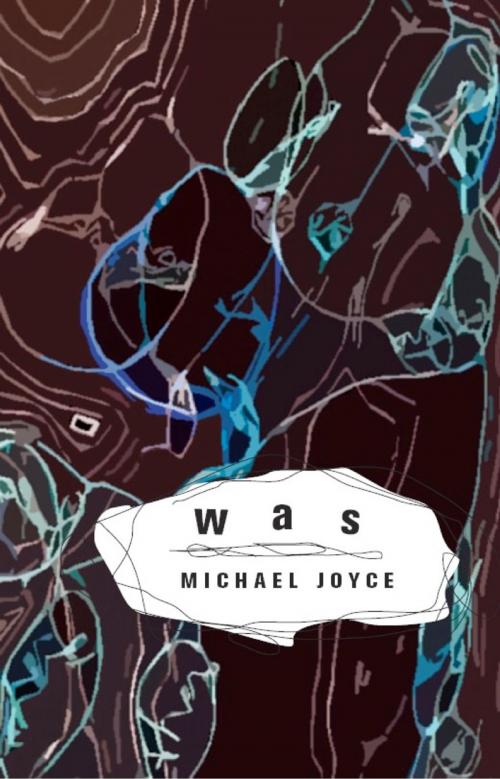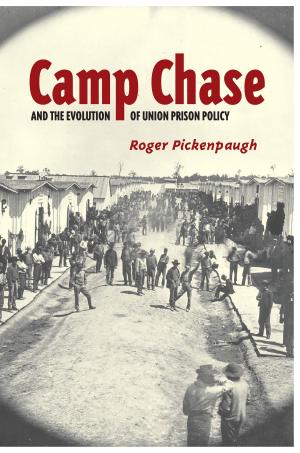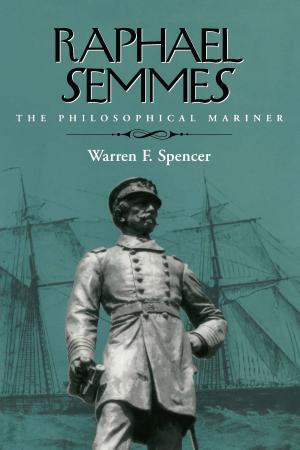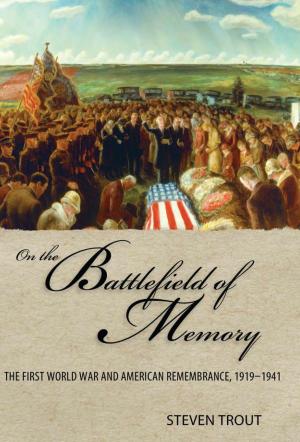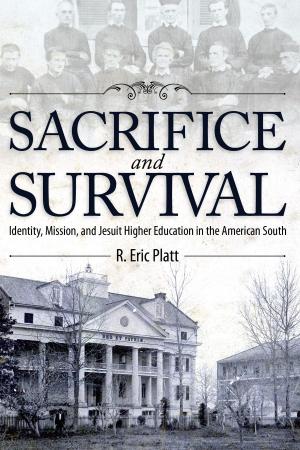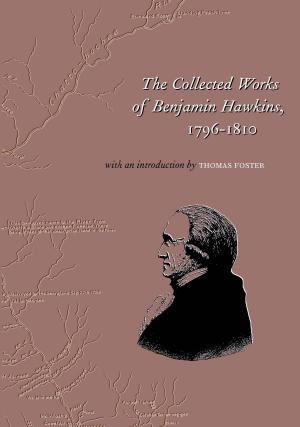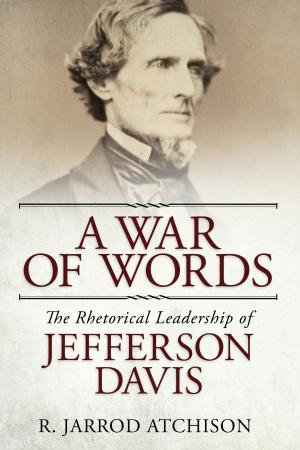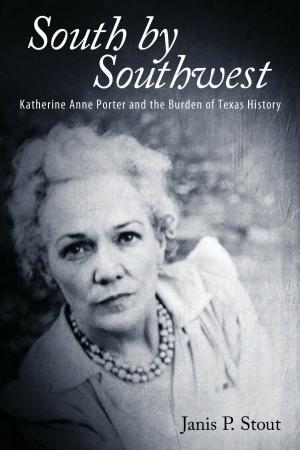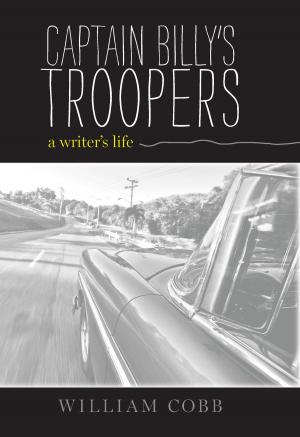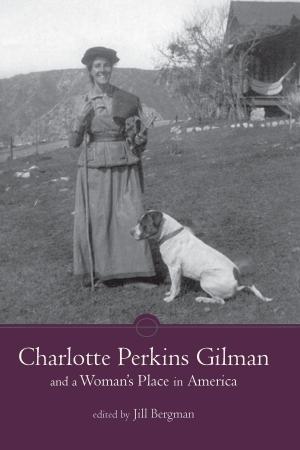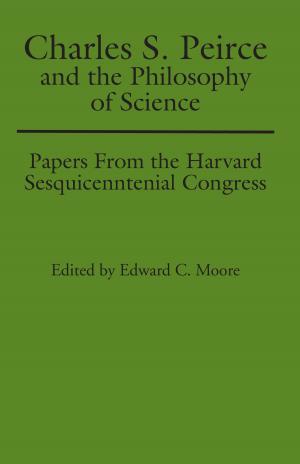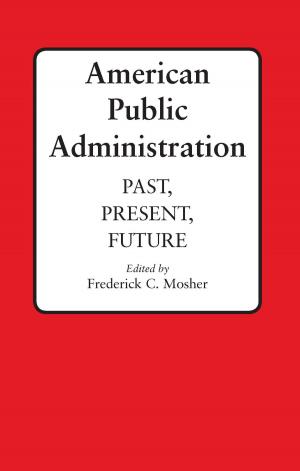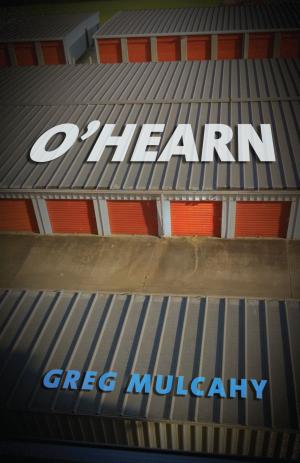| Author: | Michael Joyce | ISBN: | 9781573668002 |
| Publisher: | University of Alabama Press | Publication: | February 1, 2009 |
| Imprint: | Fiction Collective 2 | Language: | English |
| Author: | Michael Joyce |
| ISBN: | 9781573668002 |
| Publisher: | University of Alabama Press |
| Publication: | February 1, 2009 |
| Imprint: | Fiction Collective 2 |
| Language: | English |
A post-cyber “Pilgrim’s Progress.
Was is half-poem, half-narrative, a nomadic history whose main character is the fleetingness of information itself. The novel’s title figure, the word was, marks that instant of utterance outside the present; neither past nor future but rather the interstitial space of any telling. Like Ariel in flight, Was takes place before you can say ‘come’ and ‘go,'" slipping away before you can "breath twice and cry ‘so, so."
The nomadic lovers here, as any lovers, attempt to linger in the afterglow of what was, but it slips away like mist. Story begets story as if without author, events gathering into one another, as much memory as dream, their locales literally moving across the face of the globe. Continent to continent, from hemisphere to hemisphere, synaptic episodes strobe across the earth’s surface like thunderstorms seen from a satellite. Yet in these brief flashes a memorable and deeply moving procession of characters passes in vignette: lovers and children, parents and refugees, sailors, missionaries, clowns, mourners, forlorn warriors, sweet singers.
Was is a brilliant new work by the author of afternoon, a story which the New York Times calls "the granddaddy of hypertext fictions"and the Toronto Globe and Mail describes as being "to the hypertext interactive novel what the Gutenberg bible is to publishing."
A post-cyber “Pilgrim’s Progress.
Was is half-poem, half-narrative, a nomadic history whose main character is the fleetingness of information itself. The novel’s title figure, the word was, marks that instant of utterance outside the present; neither past nor future but rather the interstitial space of any telling. Like Ariel in flight, Was takes place before you can say ‘come’ and ‘go,'" slipping away before you can "breath twice and cry ‘so, so."
The nomadic lovers here, as any lovers, attempt to linger in the afterglow of what was, but it slips away like mist. Story begets story as if without author, events gathering into one another, as much memory as dream, their locales literally moving across the face of the globe. Continent to continent, from hemisphere to hemisphere, synaptic episodes strobe across the earth’s surface like thunderstorms seen from a satellite. Yet in these brief flashes a memorable and deeply moving procession of characters passes in vignette: lovers and children, parents and refugees, sailors, missionaries, clowns, mourners, forlorn warriors, sweet singers.
Was is a brilliant new work by the author of afternoon, a story which the New York Times calls "the granddaddy of hypertext fictions"and the Toronto Globe and Mail describes as being "to the hypertext interactive novel what the Gutenberg bible is to publishing."
